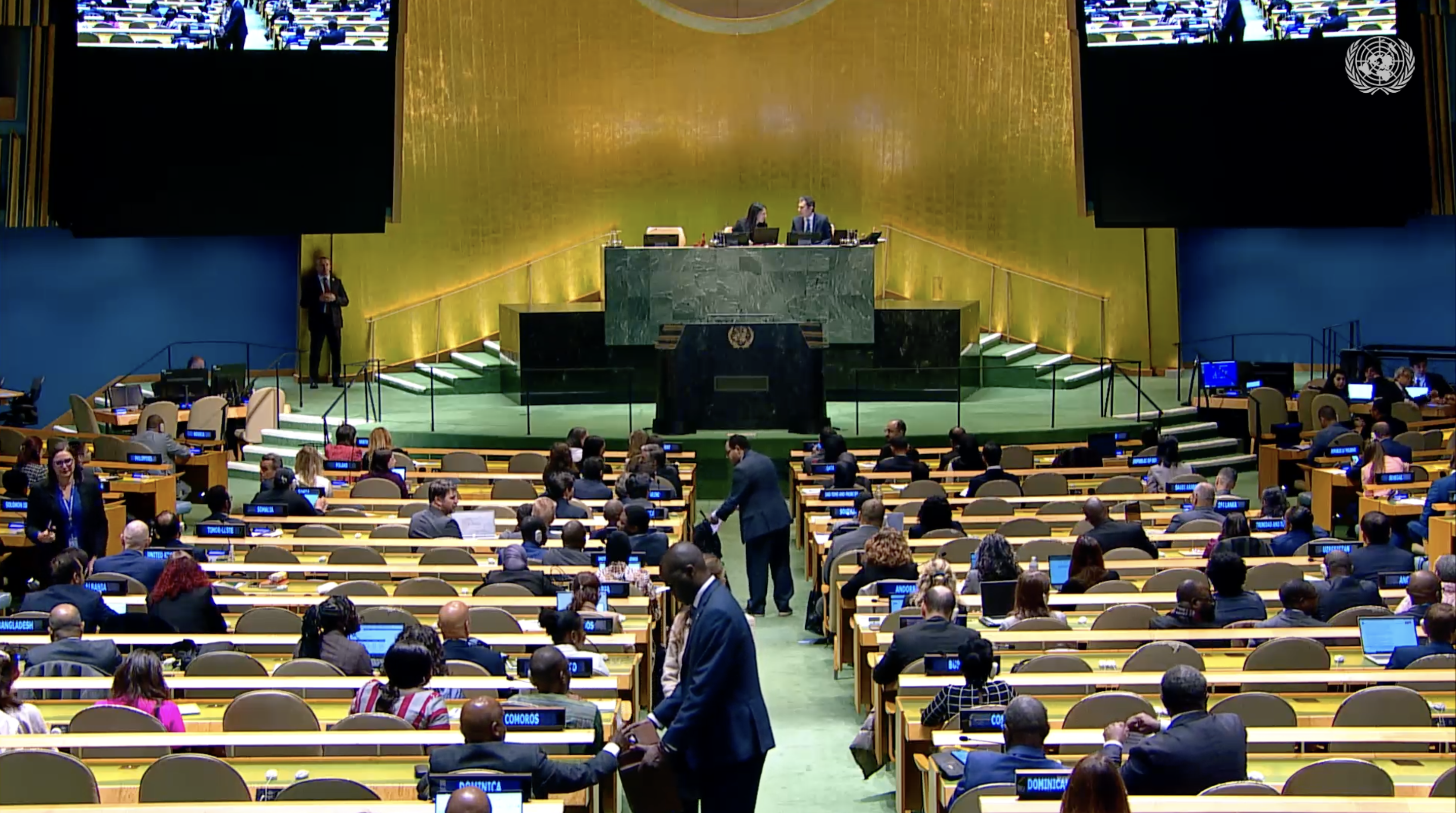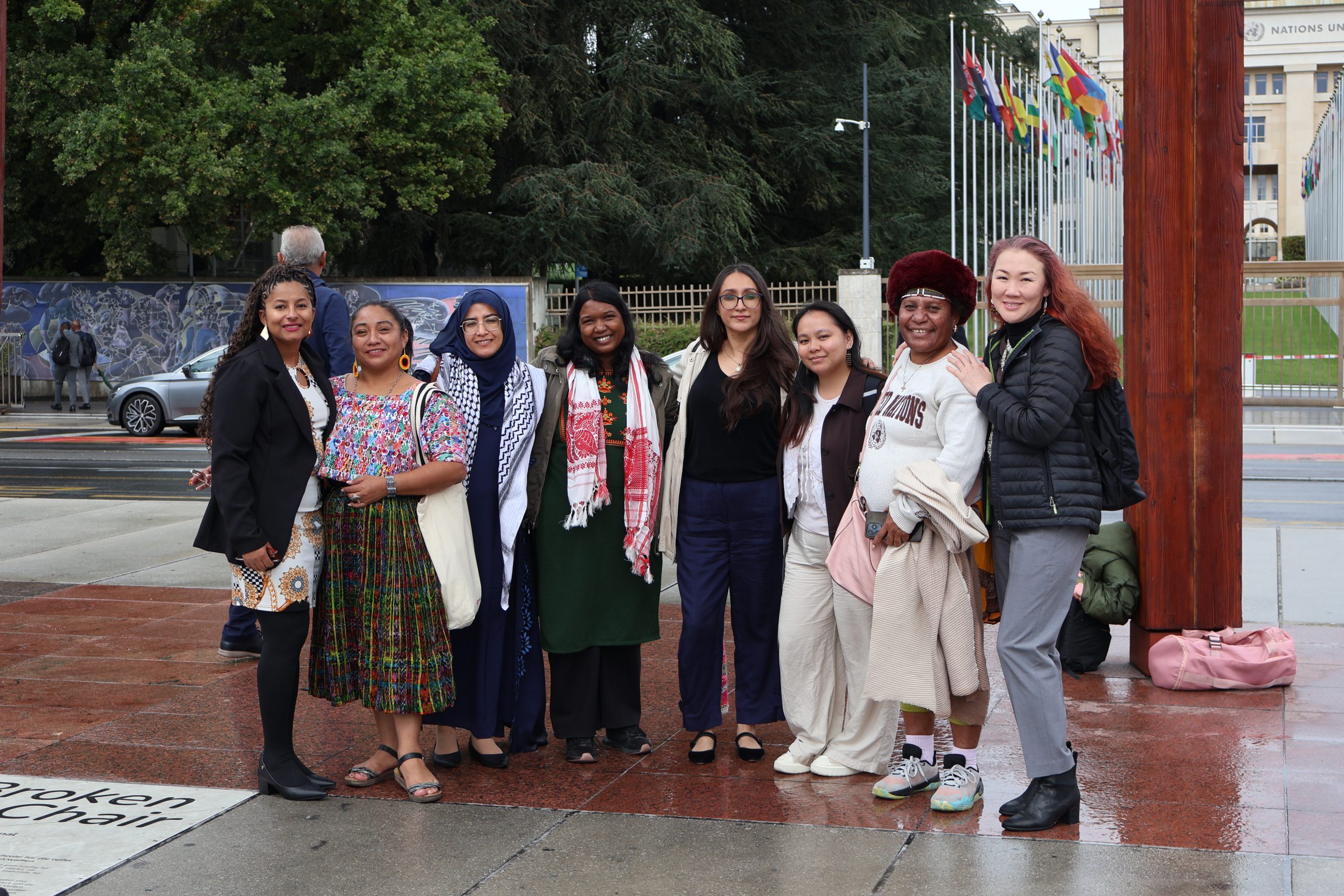Lea el artículo en español aquí.
Today, Peru underwent its Universal Periodic Review (UPR), a mechanism that aims at evaluating the measures taken by States to protect human rights. The country received a large number of recommendations, many of which reflect ongoing problems raised during the last UPR in 2012, giving the Peruvian government a fresh opportunity to overcome these challenges.
The recommendations made to Peru by other countries show that the situation of human rights defenders, in particular, remains grave, says ISHR’s training manager and regional focal point Helen Nolan.
‘We warmly welcome recommendations made by The Netherlands, Norway and Poland that recognise what we highlighted in our joint report: the need for Peru to introduce a comprehensive policy on the recognition and protection of human rights defenders,’ said Nolan. ‘The risks to defenders, especially those working in land and environmental rights, are real, and the government needs to act.’
Ana María Vidal from the National Coordinator of Human Rights (Coordinadora Nacional de Derechos Humanos – CNDDHH), a platform of 82 Peruvian civil society organisations, highlights that the situation not only shows the lack of commitment by the authorities to protect human rights defenders, but is yet another example of the prevailing impunity in the country.
‘The attacks and acts of criminalisation are part of the day-to-day lives of these people while exercising their right to freedom of expression, association and the press,’ says Vidal. ‘When you include the assaults, defamation and constant harassment, it all adds up.’
Another important area raised by civil society in advance of the UPR is the question of impunity for crimes committed during the armed conflict, explained Nolan.
‘The government must guarantee that pardons are not turned into a political tool, used to protect perpetrators of crimes against humanity. A concrete case is that of former president Alberto Fujimoro, who was convicted of these crimes and of corruption,’ says Vidal. ‘Granting this pardon would be illegal, it would reverse access to justice and to reparations for these grave crimes. It would set a precedent for the world that impunity can overturn the rule of law, and that’s why we’re calling on Peru to affirm its commitment to hold perpetrators to account.’
ISHR and CNDDHH engaged in advocacy in the run up to Peru’s UPR, having presented a joint report that aimed to give visibility to the situation of defenders and to present a series of recommendations to the State.
‘We are glad that the States performing the review listened to the concerns of Peruvian civil society,’ says Nolan. ‘Now it’s time for Peru to act.’
Read the full text of the report here.
Photo credit: @sofiabloem




